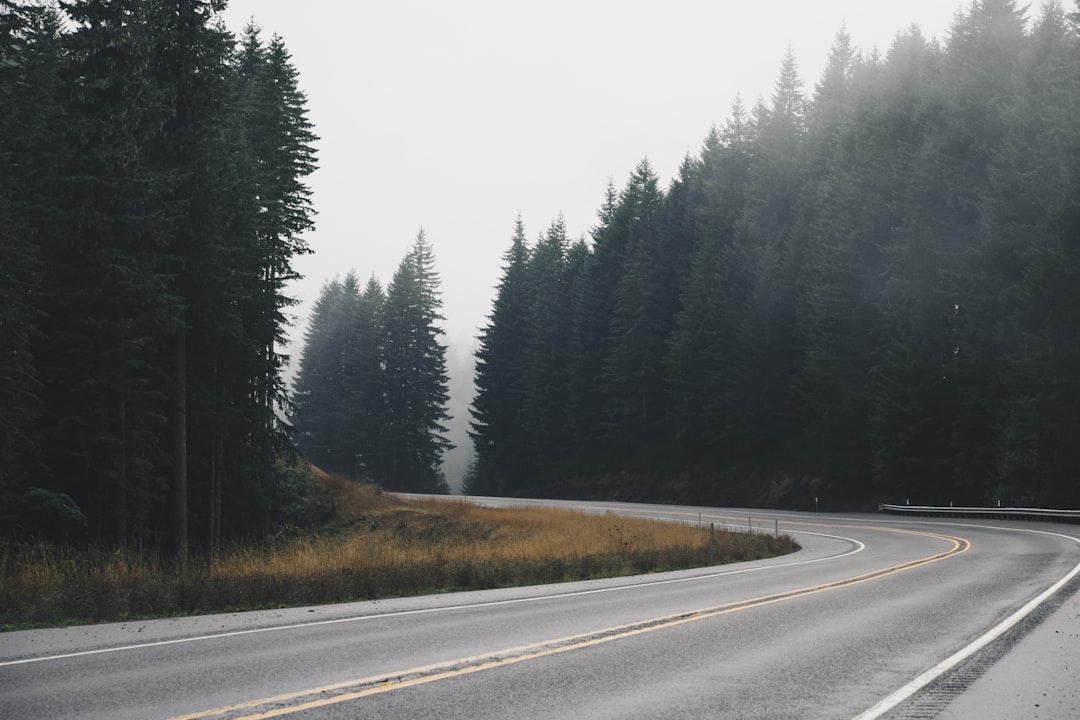Ok, so we've agreed go on our shopping fast and I think we're actually already on it (maybe I should confirm that...). Things we've been working on a little bit in terms of finalizing our plan for the fast is what exactly are the parameters of a shopping fast. Obviously, you can essentially decide for yourself how exactly you want to define the fast, focusing on what your goal for the fast really is. A few points we've been working on might help if this is something you're going to consider.
- Duration. This is pretty much the first term of the agreement. I was originally thinking of making our fast 3 months long, but Kyra suggested stretching is through next June. I think this is where the purpose of the exercise has to be made clear. My thought was to go through with the fast for the sake of learning how little we truly NEED to add to our lives/household while keeping it at a manageable duration. Kyra was focusing less on experience for experience's sake, and more of removing herself from a dependence on shopping to deal with stress, boredom, etc. Since I'll be extra busy from this July through next June, Kyra wanted to extend it for that whole period. I've seen articles where people have tried a 1 month clothes fast and failed miserably, then I've seen (and shared) where whole families have gone a year without shopping for any non-essentials. The point of the fast is to challenge yourself to give something up and to grow through the experience, so if you're thinking about how do you need to go for it to be a challenge at all, then how long you're willing to maintain the challenge.
- Scope. The second part is to determine what you're targeting for your fast. Again, what you're hoping to accomplish is going to be the driving factor in figuring this out. Are you wanting to do a socio-political freegan experiment? Are you wanting to curb your dependence on new clothes? Are you wanting to stretch your self-sufficiency by only buying food? Are you going to only allow yourself non-consumables? We're focusing on stuff, we're essentially stopping all stuff-related purchases. We haven't gone to so far as to say that Zip-Lock bags aren't technically consumed by use so we won't purchase any more. Instead we're going with if we use something up we can replace it - food, ingredients (including for our homemade soaps & toiletries), cleaning supplies, etc.
- Pre-determined exceptions. We're human, and humans need some grace, so determining where you might be willing to allow wiggle room. One question we raised was about what to do with gifts at birthdays & Christmas. I found this excerpt from Joshua Becker that I felt addressed this subject well - "We have taken the approach of still allowing our relatives the opportunity to buy gifts... It is an expression of their love. They desire to show their love by giving gifts...We did not want to take that away from our family" So gifts of money/gift cards will be accepted and spent gratefully for the love with which they're given. Also, Kyra has a couple small, specific gaps in her wardrobe (don't even get me started on women and their low quality shoes), so she's perfectly free to spend previous gift money on those specific items. Also, we had a baby due in a few months and it's completely possible that a true need will arise that we didn't foresee, meaning we'll need to be flexible.
- What about the kids? This is another question to get ironed out early if you have children. The temptation may be to exempt anything child-related from the fast, but the truth is that their clutter adds tremendously to the mulch in our home, not to mention to new expenditures. We're already getting our 4 year-old son involved in our minimalizing efforts (he LOVED ranking his stuffed animals until we mentioned that we were going to bag up the half that were least favorite) and he makes occasional comments about us selling some of our items. It's definitely a goal to have them grow through this experience also, so we need to take a cue from some of Becker's points in the article I linked earlier. Letting them know what's going on, start with our items, let them know what to expect, focus on positives, and work in special, bonding experiences. Now, we're ok making gifts for the kids for their birthdays and Christmas, but we do want them to experience giving to others. We toyed with the idea of having them make all their Christmas gifts this year (something we'll be doing), but decided that rather than giving all their aunts a macaroni & finger paint masterpiece that we'll relax the fast for them so they can continue to focus on giving to other at Christmastime.
Oh, and I had to resist my first purchase yesterday. It would have been a great book to read, but the point is to have to grow and practice a little self-denial. If you read it, tell me the high points :)
Photo: Flickr, hospi-table. Image altered.







